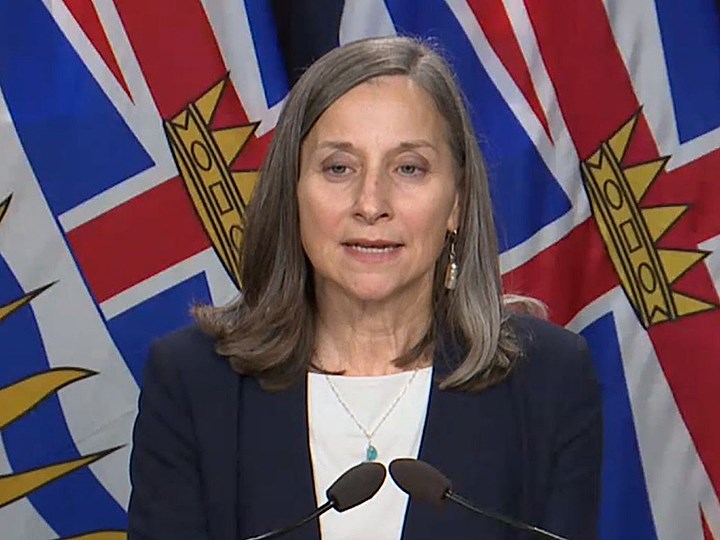Leslie McBain, with Moms Stop the Harm, said in a press conference that incremental actions by the provincial and federal governments have helped but have not been enough to halt the impact of a toxic drug supply.
She called on the Premier John Horgan to tell people of the plan to address the crisis moving forward. And she referenced the premier’s mandate letter to the minister of mental health and addictions, which called for fast-tracking decriminalization.
“That was six months ago,” she said. “We need this now; we needed it five years ago.”
McBain was joined by Abbotsford Police Department Chief Const. Mike Serr and chief coroner Lisa Lapointe, who both called for decriminalization of drug users.
“Decriminalization is a step. We have not seen it move along fast enough,” Lapointe said, pointing to a plan from provincial health officer Dr. Bonnie Henry for de facto decriminalization of drug users at a provincial level. “We have not seen any change. Of course, things have to start with asking questions and writing letters, but there needs to be some serious motivation and intention at every level of government.”
Lapointe said there has been urgency from the City of Vancouver, which asked the federal government for a local exemption from enforcement on drug possession, but said the senior levels of governments need to take more action.
Lapointe added the province needs stronger regulations on recovery centres, including creating standards for treatment based on what works – something that was called for by a coroners service death panel and which has still not been implemented.
She said there still isn’t data being collected by the province on how many people have sought recovery services, which services they’re seeking and what is working.
While there have been some pilot programs for introducing safe supply, Lapointe said that needs to be expanded and made a standard for people who need it.
Burnaby Mayor Mike Hurley recently introduced a resolution that was passed by city council calling on the federal government to call the crisis a national public health emergency and to treat it as such.
Asked about that lack of a national declaration, Lapointe told reporters she believes federal officials would change their tune if they sat down with Moms Stop the Harm and heard their stories.
“We are losing thousands and thousands of people and thousands and thousands of years of life,” Lapointe said.
“It is frustrating. It’s very frustrating. … You do just feel like throwing your hands in the air and saying ‘What’s the use?’” she added on the repeated conversations about the drug toxicity crisis followed by only incremental changes.
But she said the urgency of the situation continues to motivate her to keep working with policymakers to mitigate the crisis.
Burnaby’s 56 drug toxicity deaths last year is a new record in this crisis and is close to double the 31 deaths in the city in 2019. In 2018, the city saw 48 deaths.
Follow Dustin on Twitter: @dustinrgodfrey
Send him an email: [email protected]



